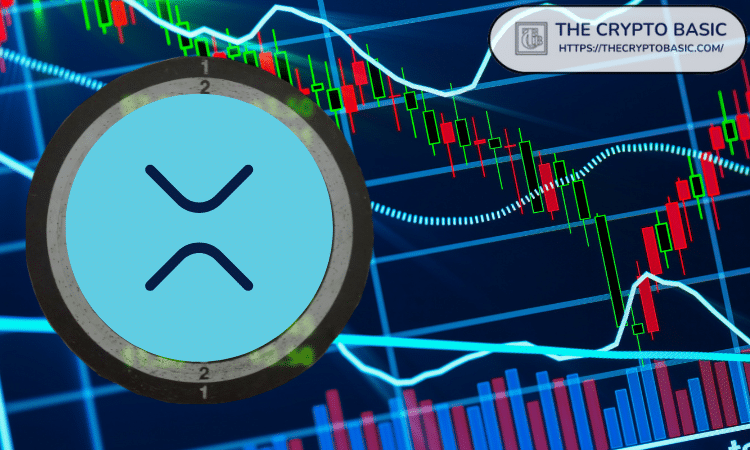The store front for Whitexicans in New York.
Courtesy: Instagram
Before most New Yorkers have even had a chance to sample the chips and salsa, a recently opened Mexican restaurant in Queens, New York — called Whitexicans — has ignited a debate about their name.
What does the name mean? Who is it referencing? And is it clever satire or tone-deaf?
Whitexicans is technically a portmanteau, or mash up of the words “white” and “Mexicans”. In hundreds of comments on Instagram and Reddit, some assumed it was a joke; others were offended. But the restaurant owners describe the name as satire, and it was intended to poke fun at racial, class and cultural superiority.
The origin of “whitexican”
In Mexico, the word whitexican emerged around 2008 on Twitter (sometimes written “whitexicanismo”), eventually becoming a term used on social media and by academics. It was used to describe white-skinned, upper-class Mexicans who enjoy privilege and often exhibit obliviousness to structural inequality. Holding layers of class, race, and colonial critique — not simply a cheeky descriptor as a restaurant term.
In the era of heightened sensitivity around branding, race, and culture, a name like Whitexicans may land as either bold commentary or table-flipping provocation, depending on the interpreter.
Chef Adrian Reyes cuts small slices of marinated thin fillets of pork already cooked from “the ball” or “the spinning top”, to make traditional “Tacos al Pastor” (shepherd- style tacos) at El Tizoncito restaurant in Mexico city on October 31, 2016. / AFP PHOTO / OMAR TORRES (Photo credit should read OMAR TORRES/AFP via Getty Images)
AFP via Getty Images
Intent vs Optics
The debate around the name illuminates a larger dynamic: who gets to use racial or ethnic signifiers in branding, and how do audiences interpret them? When a restaurant adopts a loaded term rooted in class and race critique, questions arise: Is it punching up or punching down? Is it quoting culture or commodifying it? While all press is great press, is this an exception?
The intent might be provocative satire—but the optics include a historically marginalized community, a loaded term of class and race critique, and a dining scene already peppered with cultural appropriation.
Whitexicans could indeed function as creative commentary: a bold name that invites conversation, reflection, and visibility. But for some locals and observers, it carries heavy baggage without precise anchoring.
For now, their tacos will be judged. The ceviche will be judged. And the name will be judged too – as optics have become the story.
Source: https://www.forbes.com/sites/dougmelville/2025/10/21/as-whitexicans-restaurant-opens-locals-protest-the-name-is-it-racist-or-satire/


